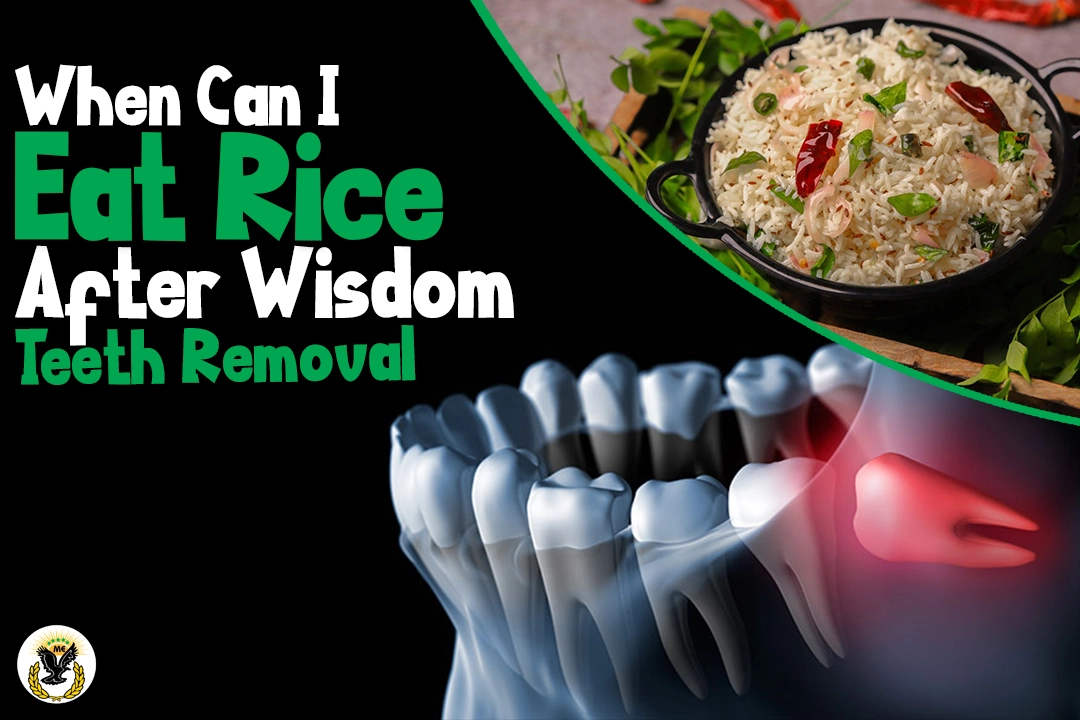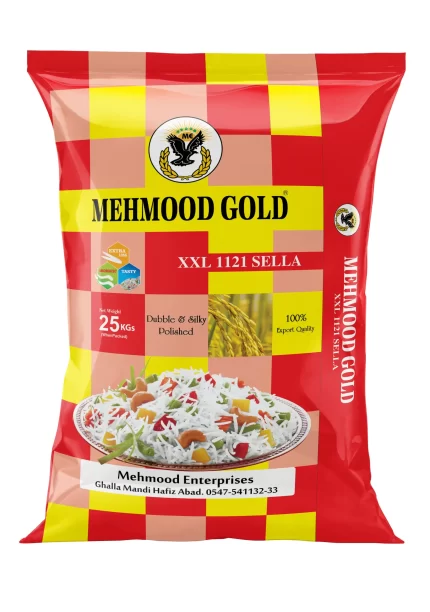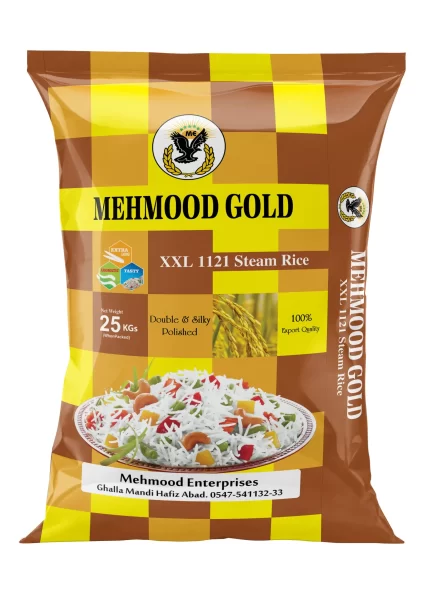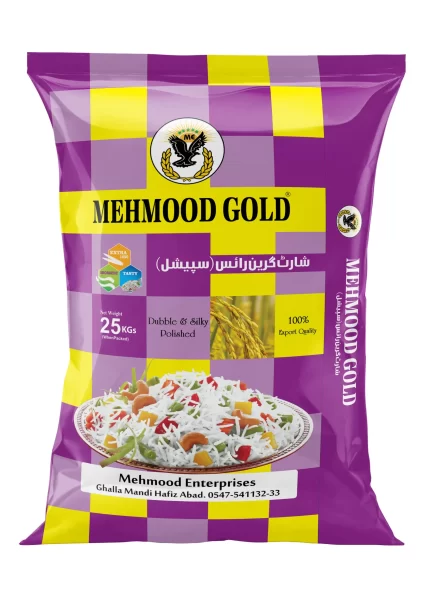Wisdom teeth removal is a common dental procedure that many people undergo to alleviate pain or prevent potential complications. After the surgery, it’s essential to follow proper post-operative care instructions, which include adhering to a specific diet. One common question during the recovery period is, “When can I eat rice after wisdom teeth removal?”
This article will explore the timeline for reintroducing rice into your diet after wisdom teeth extraction, along with essential tips for a smooth recovery.
Understanding Wisdom Teeth Removal
Wisdom teeth, also known as third molars, typically emerge between the ages of 17 and 25. However, due to various factors, such as lack of space or improper alignment, they often cause discomfort or dental issues. Wisdom teeth removal is a surgical procedure performed by a dentist or oral surgeon to extract these problematic teeth.
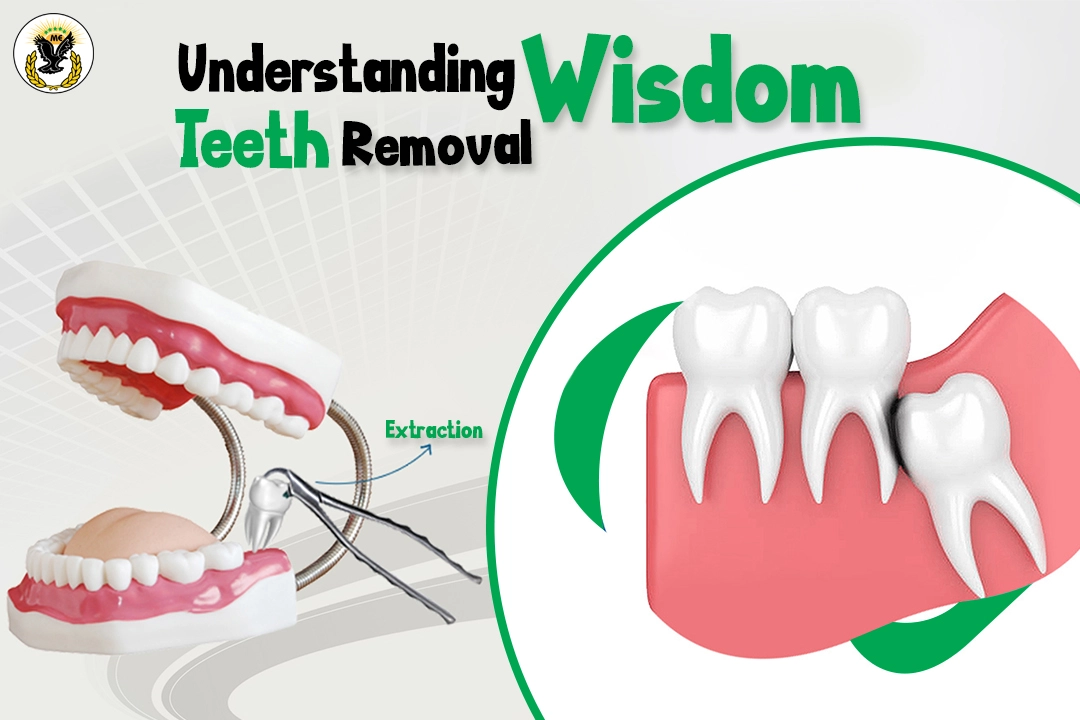
Post-Operative Diet Recommendations
Following wisdom teeth extraction, it’s crucial to adopt a soft food diet to promote proper healing and minimize the risk of complications. Initially, your diet should consist of liquids and gradually progress to soft foods as you recover. This gradual transition allows your mouth to adjust and reduces the chances of irritation or damage to the surgical site.

Immediate Post-Surgery Period
During the immediate post-surgery period, your oral surgeon may recommend a liquid diet. This typically includes consuming clear broths, juices, and water. It’s important to avoid using a straw, as the suction created can dislodge the blood clot and lead to a condition called dry socket.
Transitioning To Soft Foods
After a few days, as the swelling and pain subside, you can begin incorporating soft foods into your diet. These foods should be easy to chew and swallow, as well as test cypionate cycle gentle on the surgical site. Soft foods can include mashed potatoes, yogurt, scrambled eggs, and pureed fruits.
Introducing Rice Into Your Diet
When it comes to rice, it’s best to introduce it into your diet once you have comfortably transitioned to a soft food diet. Typically, this occurs around the third or fourth day after the surgery. However, it’s important to consult with your oral surgeon to ensure your individual healing progress allows for the consumption of rice.
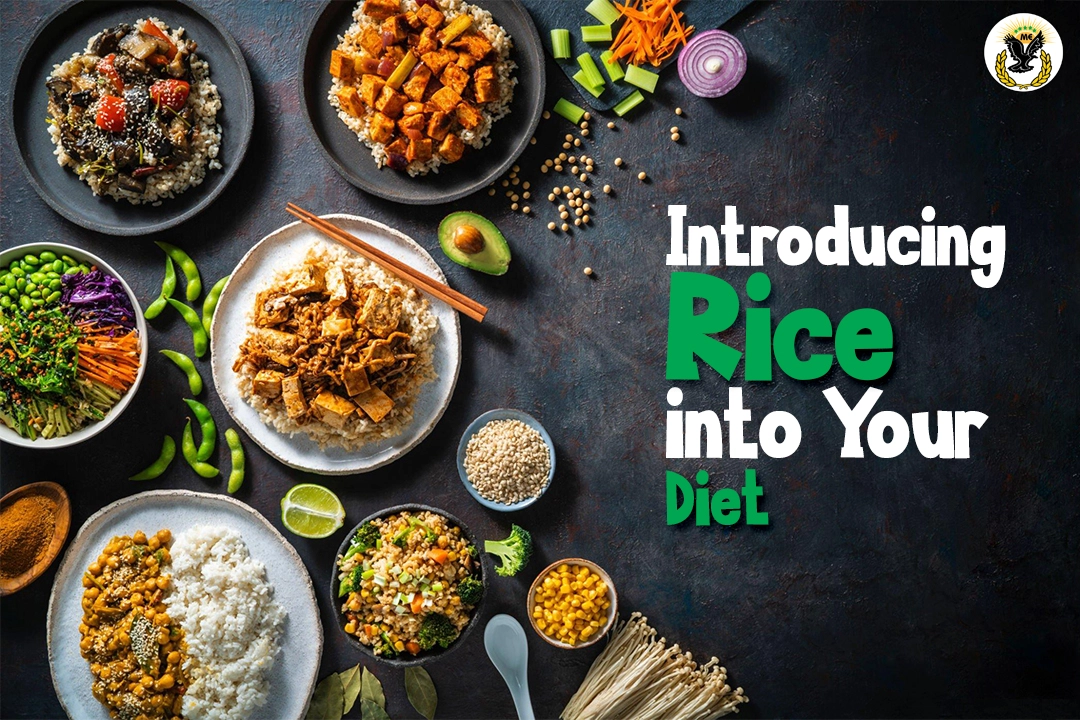
Best Types Of Rice For Recovery
When selecting rice for your post-wisdom teeth removal diet, opt for softer varieties that are easier to chew and swallow. Some suitable options include white rice, sella rice, or basmati rice. These varieties have a softer texture and are less likely to cause discomfort or irritation.
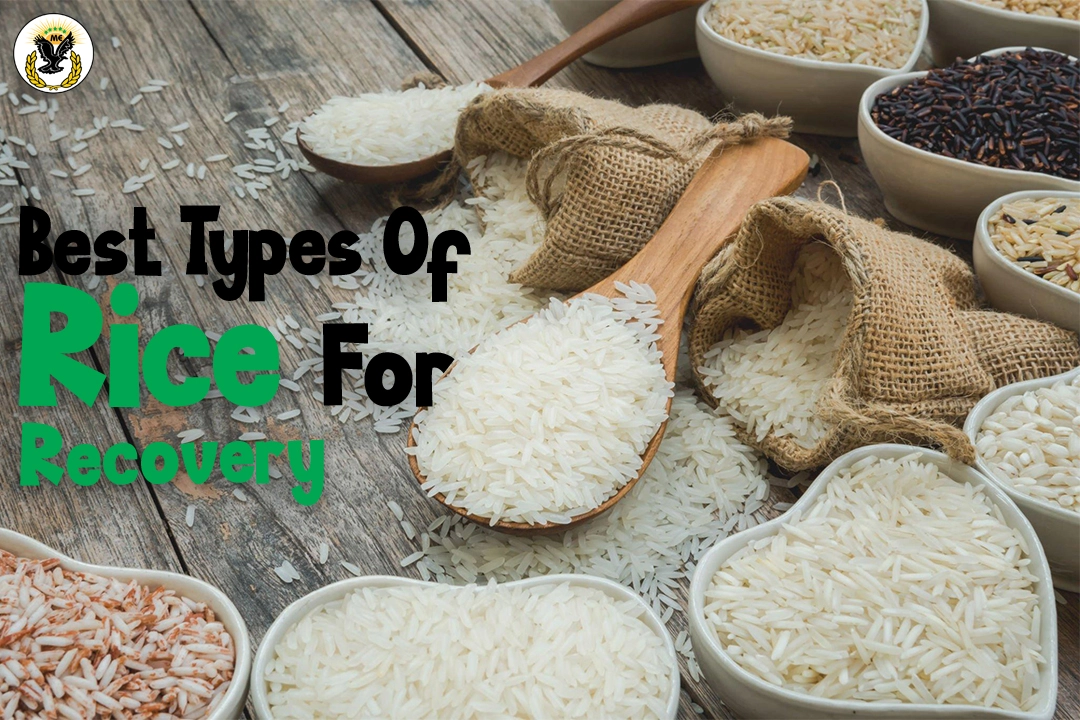
Preparing Rice For Easy Consumption
To make rice easier to consume during the recovery period, ensure it is thoroughly cooked and slightly overcooked. This helps to soften the grains further, making it easier to chew and digest. Avoid adding any hard or crunchy ingredients, such as nuts or vegetables, that may pose challenges during the healing process.
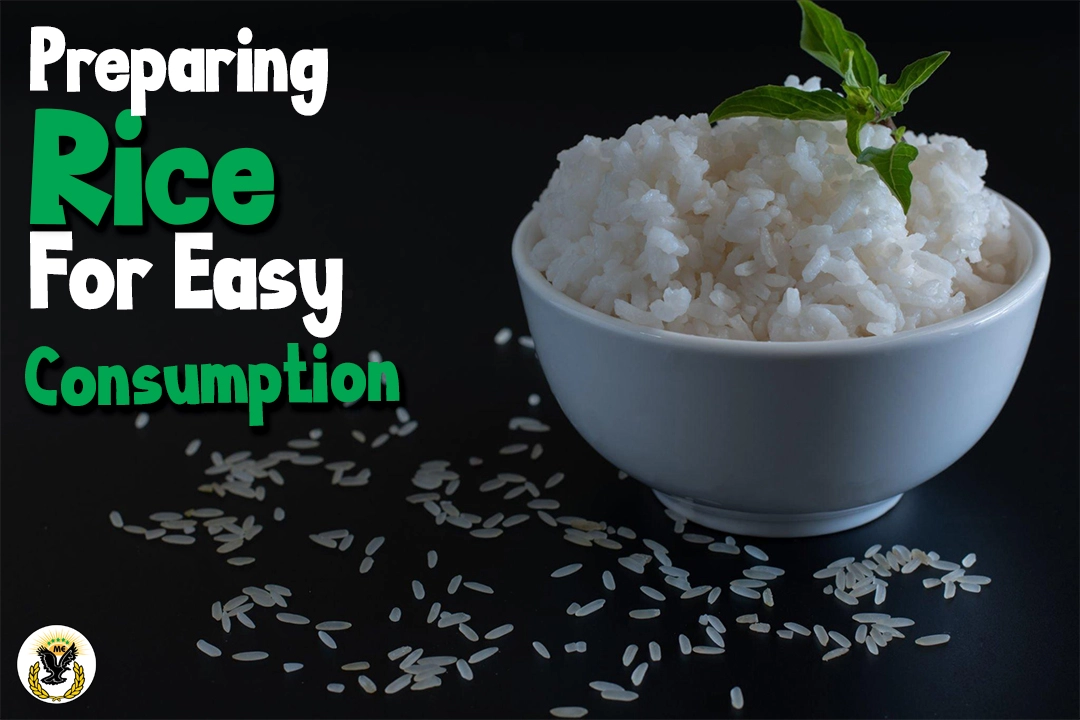

Tips For Eating Rice After Wisdom Teeth Removal
To ensure a smooth experience when eating rice after wisdom teeth removal, consider the following tips:
- Take small, manageable bites to prevent strain on the surgical site.
- Chew slowly and carefully, using your front teeth or the unaffected side of your mouth.
- Rinse your mouth with warm saltwater after eating to maintain oral hygiene and aid in the healing process.
- Avoid consuming rice that is too hot, as it may cause discomfort or irritation.
- Listen to your body and take breaks if you experience any pain or discomfort.
Maintaining Good Oral Hygiene
Throughout your recovery period, it’s vital to maintain good oral hygiene to minimize the risk of infection and promote healing. Gently brush your teeth using a soft-bristled toothbrush, being cautious around the surgical site. You may also use an antibacterial mouthwash recommended by your oral surgeon to keep your mouth clean.

Potential Challenges And Solutions
While eating rice after wisdom teeth removal can be relatively easy, some individuals may encounter challenges due to factors like residual swelling or jaw stiffness. In such cases, it’s advisable to consult your oral surgeon, who can provide guidance and recommend suitable modifications to your diet.

Healing Process And Individual Variations
It’s important to note that the healing process can vary from person to person. While some individuals may feel comfortable eating rice after a few days, others may need more time for their surgical sites to fully heal. It’s crucial to listen to your body, follow the instructions of your oral surgeon, and gradually introduce rice based on your individual recovery progress.
Signs Of Complications To Watch Out For
As you reintroduce rice into your diet, it’s essential to monitor your oral health for any signs of complications. Watch out for symptoms such as excessive bleeding, severe pain, swelling that worsens over time, or a persistent foul taste or odor. If you experience any of these signs, contact your oral surgeon promptly for further evaluation and guidance.
Conclusion
In conclusion, when it comes to eating rice after wisdom teeth removal, it’s essential to wait for 3 to 4 days and ensure a smooth transition from a liquid to a soft food diet. Introduce rice gradually, selecting softer varieties and preparing them to make them easier to chew and swallow. Follow the advice of your oral surgeon, maintain good oral hygiene, and be mindful of any signs of complications. By doing so, you can enjoy rice as part of your recovery diet and promote healing while minimizing discomfort. Remember to listen to your body and consult with your oral surgeon if you have any concerns or experience any complications.
Frequently Asked Questions
Ans: It is generally recommended to wait a few days before introducing rice into your diet to allow for proper healing.
Ans: Cook the rice until it is thoroughly soft and slightly overcooked to make it easier to chew and swallow.
Ans: It’s best to avoid sticky or chewy rice varieties, such as sushi rice or brown rice, as they may pose challenges during the recovery period.
Ans: If you experience pain or discomfort while eating rice, take a break and consult with your oral surgeon for further guidance.
Ans: The timeline for resuming your regular diet varies for each individual. Consult with your oral surgeon for specific instructions based on your healing progress.

